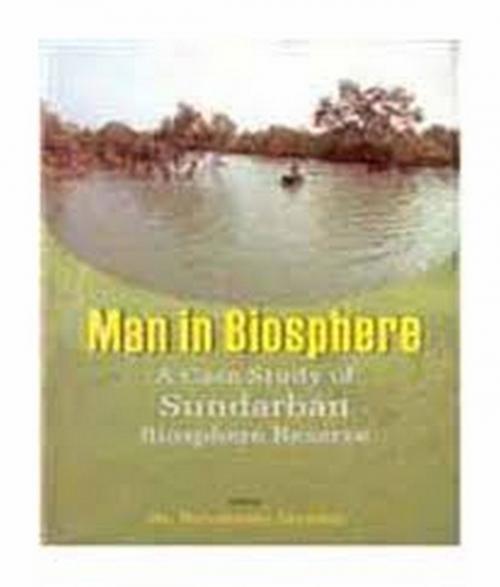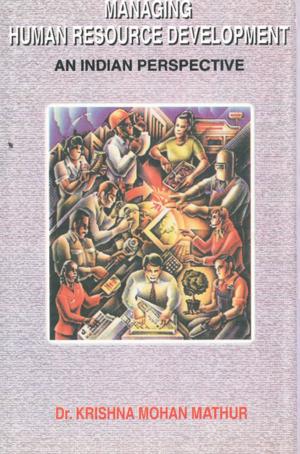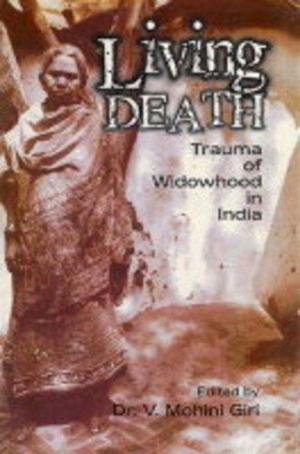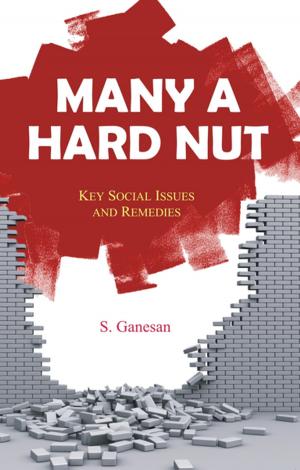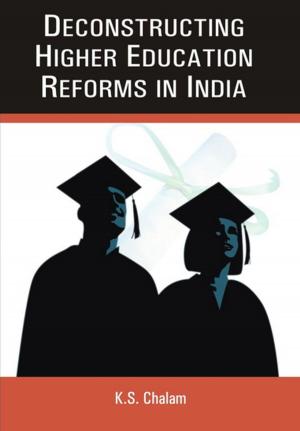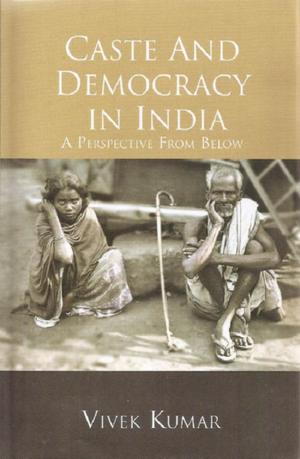Man in Biosphere
A Case Study of Sundarban Biosphere Reserve
Nonfiction, Science & Nature, Science, Biological Sciences, Ecology| Author: | Dr. D.B. Mandal | ISBN: | 9788121252140 |
| Publisher: | Gyan Publishing House | Publication: | June 30, 2007 |
| Imprint: | Gyan Publishing House | Language: | English |
| Author: | Dr. D.B. Mandal |
| ISBN: | 9788121252140 |
| Publisher: | Gyan Publishing House |
| Publication: | June 30, 2007 |
| Imprint: | Gyan Publishing House |
| Language: | English |
Concern for environment is as old as human civilization. The traditional society took sanctity of environment for granted as a necessary precondition for the existence of human society. But this situation started changing after the industrial revolution when human society with the help of technologically a advanced knowledge system started making significant changes in the whole environment and this gave the society an understanding that man will be able to modify the environment according to his will and need. Now need based development of the pre-industrial era has been replace by greed based development which is made by the rampant consumption of resources by the society. Under this changed scenario the environment is more stressed and degradation has started taking place. At the present era when man has technologically developed at a very higher level and environment is getting degraded at an alarming rate, the very existence of human society is now at a stake. Even then, plunder of nature at the cost of human progress is continuing virtually unabated. We have lost the basic theme of human development or progress wherein the environment is considered as a living entity. This has resulted into serious environmental crisis and forest has become the most vulnerable area on the earth surface which suffered greatly due to human intervention in the from of clearing the forest for various types of crops, mining, industrial development, construction of dams etc. Anthropological Survey of India under the Tenth Five Year Plan has undertaken a National Project on Man in Biosphere and Sundarban Biosphere Reserve has been selected for detailed study. The present title is outcome of this research and deals with the following problems: Tourism as a potential resource, impact of tourism on cultural landscape, structure, cognition and symbolism of forest in folk tradition, contact and conflict, delta culture, tribes of Sundarban, strategy for ecological balance and evolution of ecotourism activity.
Concern for environment is as old as human civilization. The traditional society took sanctity of environment for granted as a necessary precondition for the existence of human society. But this situation started changing after the industrial revolution when human society with the help of technologically a advanced knowledge system started making significant changes in the whole environment and this gave the society an understanding that man will be able to modify the environment according to his will and need. Now need based development of the pre-industrial era has been replace by greed based development which is made by the rampant consumption of resources by the society. Under this changed scenario the environment is more stressed and degradation has started taking place. At the present era when man has technologically developed at a very higher level and environment is getting degraded at an alarming rate, the very existence of human society is now at a stake. Even then, plunder of nature at the cost of human progress is continuing virtually unabated. We have lost the basic theme of human development or progress wherein the environment is considered as a living entity. This has resulted into serious environmental crisis and forest has become the most vulnerable area on the earth surface which suffered greatly due to human intervention in the from of clearing the forest for various types of crops, mining, industrial development, construction of dams etc. Anthropological Survey of India under the Tenth Five Year Plan has undertaken a National Project on Man in Biosphere and Sundarban Biosphere Reserve has been selected for detailed study. The present title is outcome of this research and deals with the following problems: Tourism as a potential resource, impact of tourism on cultural landscape, structure, cognition and symbolism of forest in folk tradition, contact and conflict, delta culture, tribes of Sundarban, strategy for ecological balance and evolution of ecotourism activity.
